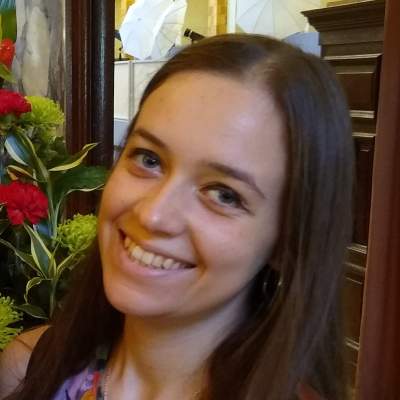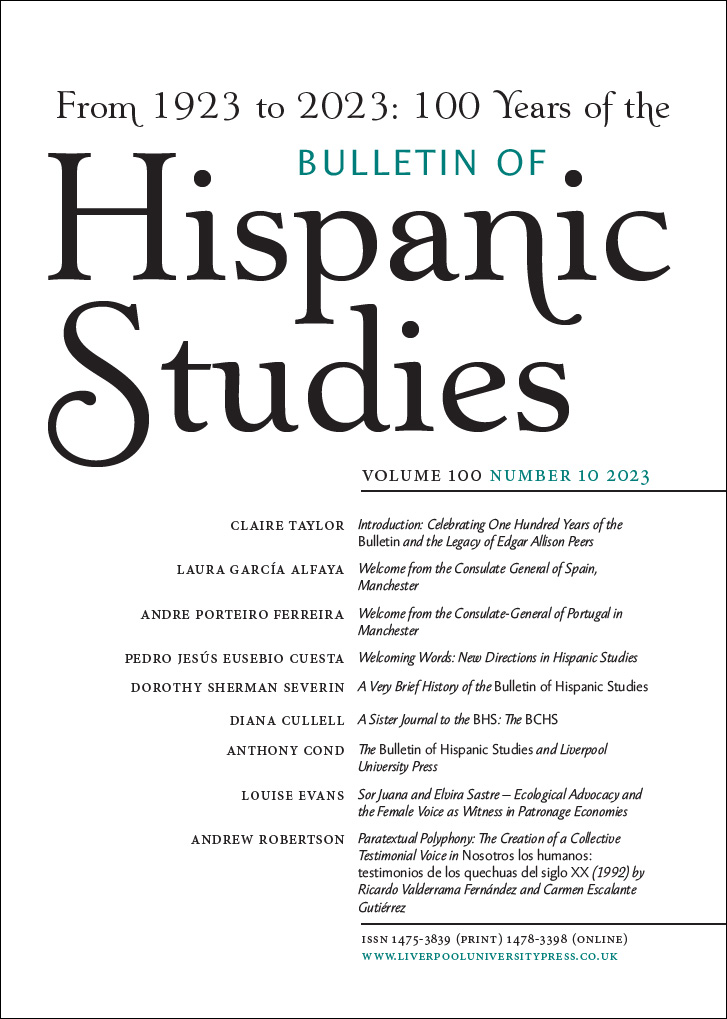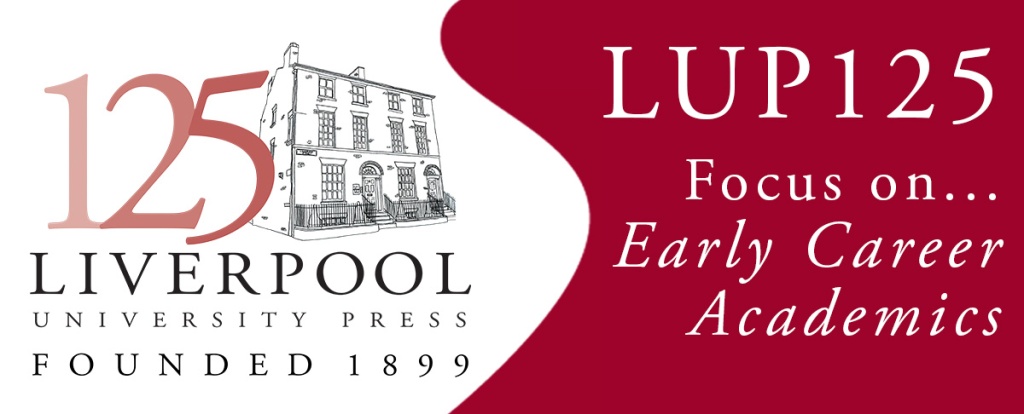As part of our 125th anniversary celebrations we are taking a look at the future of academic publishing with a spotlight on Early Career Academics. In this post we hear from Maria Czepiel whose work has been published in the Bulletin of Hispanic Studies (BHS), recognised across the world as one of the front-ranking journals in the field of Hispanic research, and a journal which started life at LUP in 1923 and last year celebrated its 100th anniversary.
Tell us a bit about yourself and your research

My name is Maria Czepiel and I am currently a Lecturer in Spanish at Brasenose and Balliol Colleges, University of Oxford.
Since I studied Classics and Modern Languages in my undergraduate degree, I have always been interested in the poetry of the Spanish Golden Age (the sixteenth and seventeenth centuries) and how it interacts with the Classical world. In my research, I show how poets of the Renaissance imitated and engaged with Classical texts in clever ways, sometimes using them for comic effects or to compete with their ancient predecessors. This is important because in the Renaissance poets did not aim to be ‘original’ in the same way that modern authors do, so I wanted to show how they can still be creative even when borrowing words, phrases or ideas from Latin and Greek poets.
In my PhD I studied the religious poetry of the sixteenth-century humanist Benito Arias Montano. I found he was a true Renaissance man: he was interested in Classical poetry, Hebrew, ethnography, geography, and what we now call ‘science’ (which was then called natural philosophy). However, he applied his encyclopaedic range of knowledge to what he thought was most important: studying the Bible. This tendency to use new sciences to talk about Scripture is usually associated with Protestant scholars of the seventeenth century, so it was exciting to explore how Arias Montano, the chaplain to the Catholic King Philip II, was already doing this in the sixteenth century. I found that Arias Montano exhibits his knowledge not only in his scientific works, but in his religious poetry; however, in his poetry he seems to be more anxious about the role of ‘secular’ learning in a religious context.
What was your experience of publishing with the journal as an ECA like?
The article I published with BHS was based on my Master’s dissertation, so I was still very early in my academic career. On a practical level, this meant getting my head around different referencing styles. This was also complicated by the fact that the work is interdisciplinary and drew on Classical studies, which has some different conventions to work in Hispanic Studies. However, the editors at BHS were very generous and took time to help me!
Could you provide some insight into your experience of peer review and editing your work as a result of peer review?

My experience of peer review at BHS was enormously positive as it made my research much more rigorous. For example, I claimed that a Spanish author (Fray Luis de León) was influenced by an Ancient Greek author (Pindar). The peer reviewer pushed me on this, asking whether Fray Luis would have read this author in Greek or in a Latin translation. Doing further research meant my argument was much better supported by evidence.
In general, I have found that peer review can be helpful since a reviewer sometimes encourages you to make big changes like removing a whole section (as I did for BHS), which you might not have considered otherwise! What’s more, in relation to a different piece of work submitted elsewhere, I have even had positive experiences of being rejected at the peer review stage. In one case, the reviewers rejected my article but gave me some really useful comments which led me to interesting new lines of research; I rewrote the article and it ended up being accepted by another journal.
To what degree has your thesis informed your published research so far, is it based upon your doctoral project or from ideas rooted elsewhere?
In fact, the vast majority of my publications so far have been completely different from my thesis! As I mentioned, the article I published with BHS was based on my Master’s research, and a lot of my other publications have stemmed from my other research interest in Renaissance poetry in Latin. I am particularly interested in the Latin poetry of the Spanish poet Garcilaso de la Vega, who is famous for popularising Italian forms of poetry in Spanish. In fact, I recently discovered two of his Latin poems, which had been lost for 500 years!
What are your top points of advice for transforming a thesis into publishable research? (Both longer-form monograph/ shorter-length article?)
I am currently in the process of transforming my thesis into a book. The thing I have found most difficult, but most rewarding, is trying to zoom out from the specific focus of my doctoral research and show how my work fits into the development of literature, culture or the history of ideas more generally, which makes it appeal to a wider audience. Something that really helped me in this process was the doctoral viva and the fact that the examiners read my work with fresh eyes. So perhaps one piece of advice is to make sure you bring a notepad and pen to your viva and don’t be embarrassed to make notes! It can also help to try and explain your ideas to a non-expert; in my case, my dad has been crucial in helping me de-jargon my thoughts!
What, if any, have been the main differences between researching for your doctoral project compared to researching for publication?
The research process is similar for both; however, since articles are shorter pieces of research, I have sometimes found that I can use a small project as a “break” from doctoral research if I’m having a slow patch or “writer’s block”.
What advice would you give to others starting out on their academic career?
Take any opportunity you can to get feedback, such as at conferences or informal ‘Work in Progress’ events. Don’t wait until the end of the thesis to try to publish; even if a piece of work isn’t accepted, the feedback from peer review might make it better!
Enjoyed this blog post? You might be interested in EvenUP: Inspiring the next generation of publishers
Follow us for more updates
Sign up to our mailing list
Twitter | Instagram
www.liverpooluniversitypress.co.uk


